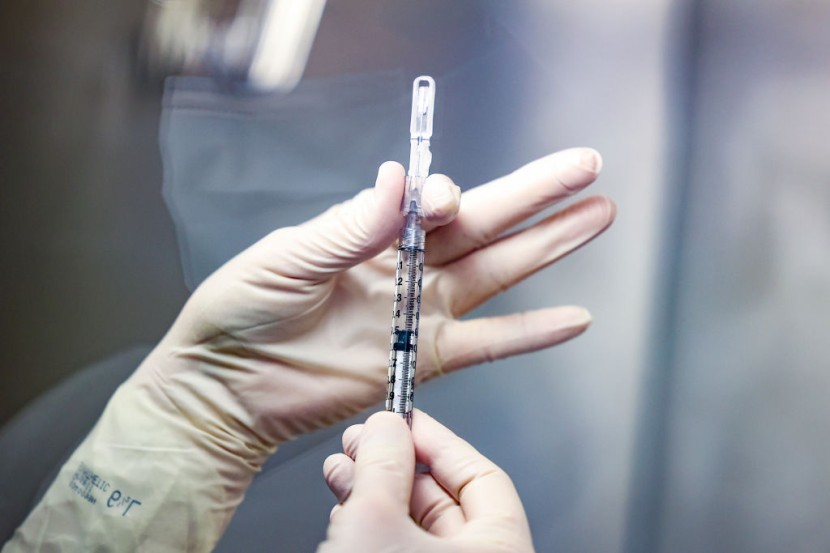
According to a study, one-third of Americans who are COVID-19 skeptics remarked that they could be persuaded to be administered the dose if offered $100. The cash incentives proved to be more persuasive than an endorsement from a pharmacist, doctor, public health expert, or a polarizing political figure.
$100 Cash Incentive for COVID-19 Vaccines More Persuasive
In the poll carried out by the University of California, Los Angeles, over 75,000 uninoculated individuals were interviewed. According to Dr. Peter Chin-Hong, infectious disease specialist at the University of California, San Francisco, this is not an unexpected result. Although unbelievably, in other settings, they have used cash incentives that prompted folks to do sexually transmitted infection screenings and several other interventions. He added they do work, reported Fox 40.
States, cities, employers, and businesses are currently offering cash incentives to encourage people to be administered coronavirus vaccinations. The inoculation effort has reportedly transformed from an exclusive shopping event to a fire sale swiftly.
West Virginia is providing $100 savings bonds to aged 16 to 35 who get immunized. In Maryland, they will pay fully vaccinated state employees $100. Breweries cooperating in New Jersey's "Shot and a Beer" program are providing free drinks to legal adults who receive vaccination in May, reported Time.
Affirming public service announcements regarding the vaccine's safety and effectiveness has been prevalent. However, people realize that it will take more than mere information to sway the dubious, reported The New York Times.
But not all were swayed by money. Fifteen percent of those surveyed by the UCLA COVID-19 Health and Politics Project stated they would be less likely to receive the dose if offered $100.
Read Also: Sinopharm Efficacy Rate: China's COVID-19 Vaccine Gets WHO Approval for Adult Emergency Use
The prospect of not having to wear face masks was another effective persuasion. According to an estimated 63 percent of participants, they would be more likely to receive a vaccination if it meant they need not wear a face mask anymore. UCLA's survey also discovered much more willingness among respondents to be administered the vaccine if doing so meant they would not have to be socially distant at events.
Chin-Hong stated the findings display that public health leaders need to offer numerous options for those straddling the line on willingness to be administered the vaccine. According to him, "It's not one size fits all. I think cash incentives may appeal to some. To others, it may mean that their friends are going to Outside Lands and they need a vaccine to get in, and maybe that might be the incentive." In the case of other individuals, it could be the vaccinated section at the Giants game appearing to have quite more liberties than the uninoculated section.
Surveys indicate a large chunk of the American public is still dubious about the vaccine. A Kaiser Family Foundation poll showed that 13 percent definitely would not get vaccinated, 17 percent are on a wait-and-see tack, and 7 percent will do so only if it is a requirement.
Related Article: Bodies of About 750 COVID-19 Victims Remain in Refrigerated Trucks on Brooklyn Pier








